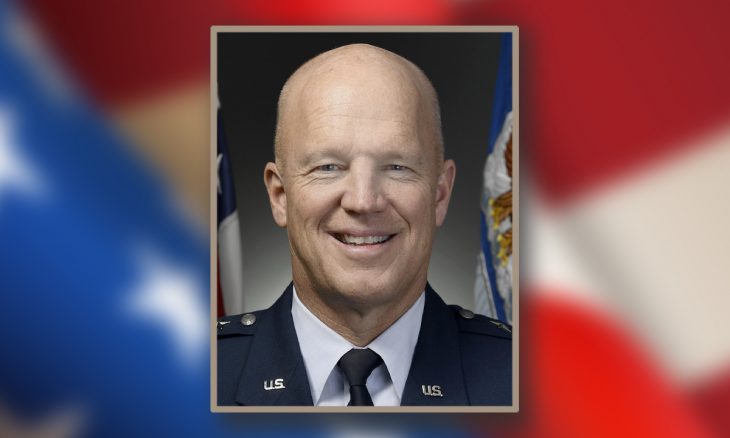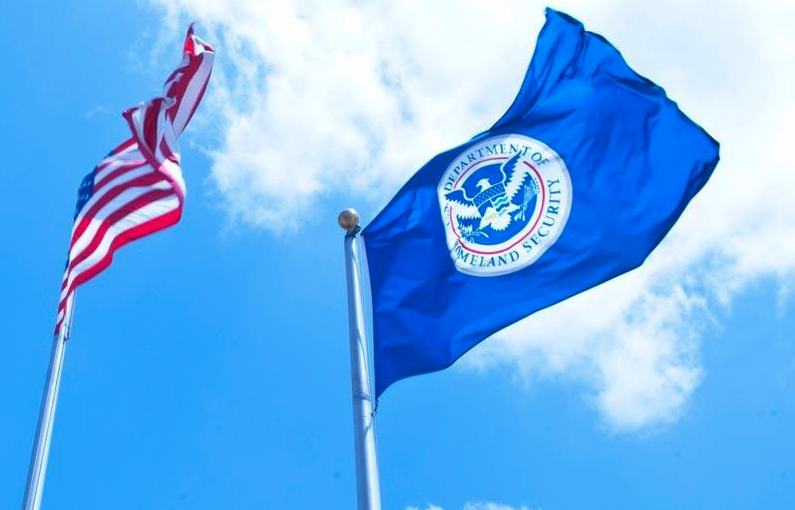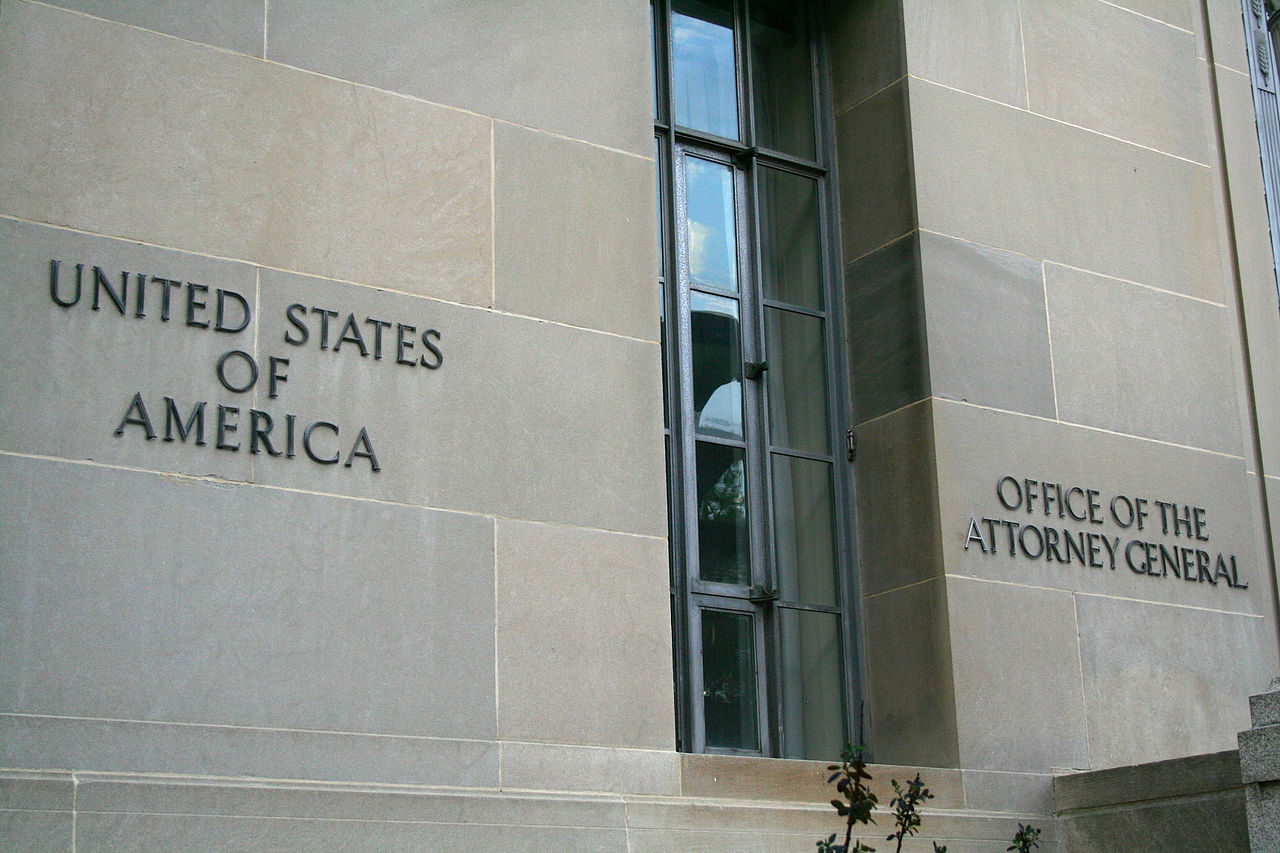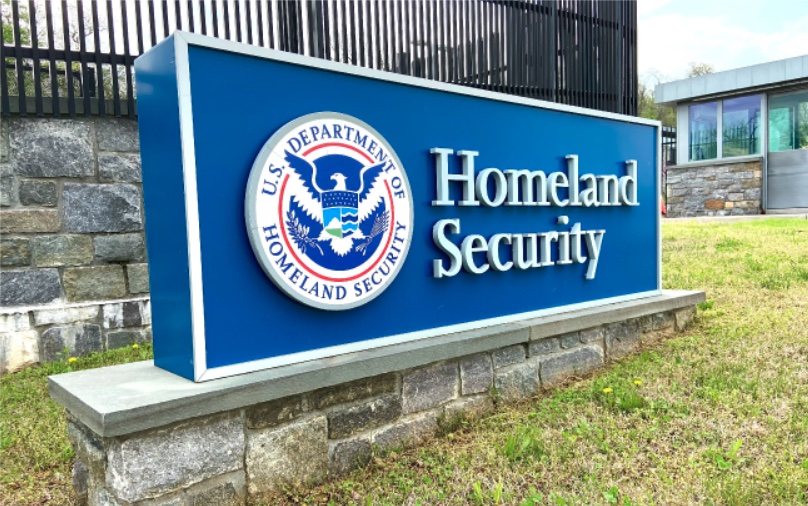General Jay Raymond
Commander, U.S. Space Force
John William “Jay” Raymond was born in 1952. He grew up in Alexandria, Virginia. He is a graduate of the United States Military Academy, and earned a degree in Administrative Management from Clemson University. He was commissioned into the U.S. Air Force and assigned to a strategic missile wing at Grand Forks Air Force Base.
He has been involved in the aerospace divisions of the U.S. Air Force from the beginning. After time stationed at the Pentagon, he assumed command of a space surveillance squadron located in England. Back in the U.S., he became Deputy Commander of an operations group, where he was assigned to the office of the U.S. Secretary of Defense. A year later, he returned to Vandenberg Air Force Base and assumed command of an operations group, serving there until he was reassigned to the Air Force Space Command., taking on several positions there.
He served in the War in Afghanistan and the Iraq War.
He was confirmed as the Air Force Space Command’s top general in 2016. In March 2019, he was nominated to become the Commander of the United States Space Command, and in December 2019, Raymond became the U.S. Space Force’s first Chief of Space Operations.
In the News…
The commander of the newly-established U.S. Space Force said that two Russian satellites appear to be shadowing a U.S. spy satellite, often coming within 100 miles of the multibillion-dollar craft.
“We view this behavior as unusual and disturbing,” General Jay Raymond said. “It has the potential to create a dangerous situation in space.”
A Soyuz rocket launched a craft into orbit in late November. It has since split into two parts. “The way I picture it in my mind is like Russian nesting dolls,” Raymond said. “The second satellite came out of the first satellite.”
It marks the first incident of a standoff between a U.S. satellite and that of an adversarial nation, but is reminiscent of encounters between Russian and U.S. warships and fighter jets, as well as Cold War-era tensions that led to costly arms races.
The Russian embassy has insisted the satellites are “inspector” spacecraft conducting an “experiment” rather than weapons.









